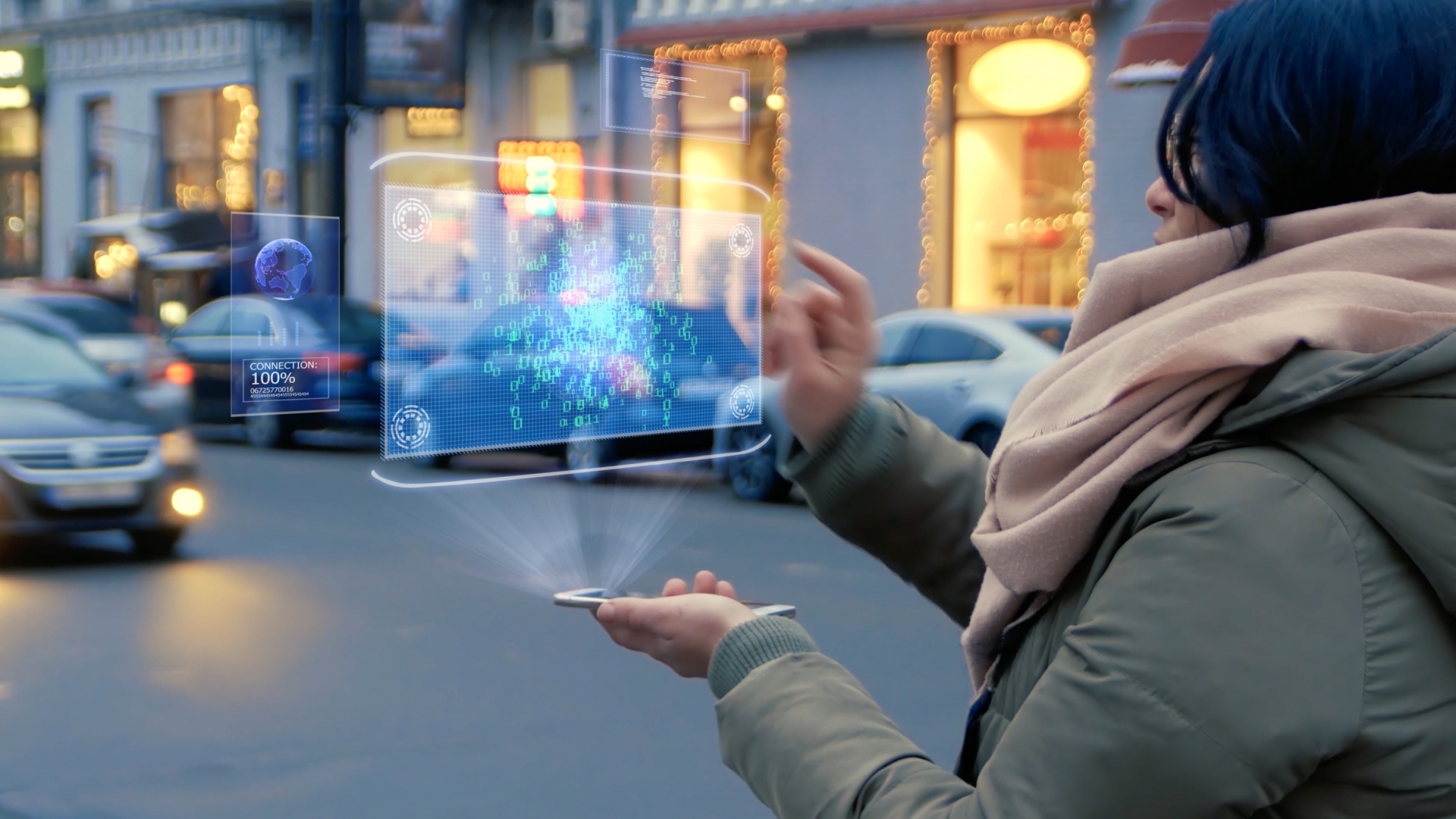Future Proofing Complex Urban Environments: The Rosenfeld Effect
Lawrence Berkeley National Laboratory hosts the Art Rosenfeld Symposium exploring transformative technologies and systems to ensure the buildings and electric grid are integrated to provide next-generation clean, reliable, and economical energy systems.
The Symposium aims to provide an encouraging environment that inspires the next generation of researchers in the field of Energy Efficiency with engaging expert talks, panel session discussions, and lightning-round presentations by early career researchers.
Challenge: Produce A Film To Open The Symposium
To honor both Dr. Arthur Rosenfeld’s legacy and significant contribution to the field of Energy Efficiency while addressing complex future challenges that we face globally — Berkeley Lab wanted to create a powerful short five-minute film to open the Symposium.
An exceptional human being, Art Rosenfeld was beloved worldwide and especially by his colleagues at Lawrence Berkeley National Lab. Capturing the authentic essence of Art was essential to the film’s success. The project also required a partner capable of succinctly telling the story and inspiring the next generation of Art Rosenfelds.
Solution: Inspiring The Next Generation Of Problem Solvers
Berkeley Lab turned to Molly Duggan, the San Francisco based creative technology agency, to produce a film that would set the stage for the opening of the Symposium.
The project goal was to create a comprehensive short film about Art as a pioneer whose Energy Efficiency contributions are as relevant today as they were when he began his work in the 1970s.
Molly Duggan focused on capturing Art Rosenfeld’s humanity as well as his technical and scientific research work. To accomplish this, in the Discovery Phase, Molly Duggan conducted research. By interviewing close colleagues of Art, such as his fellow researchers, physicists, and energy experts in the field with firsthand knowledge, valuable insights were gained. Art’s profound intellect and an unusual degree of kindness and generosity were consistent themes.
The Scripting Phase reflects the essence of the interviews. Friends and colleagues who knew Art best conveyed unwavering admiration, respect, and gratitude, as well as how Art challenged and shaped their thinking about the issues of energy efficiency as well as social equity.
Conducting intense research laid the groundwork for the Storyboarding Phase. Molly Duggan unearthed archival imagery to authentically convey the tone and mood of the country throughout Art’s career. His extensive career spanned World War II military service, followed by his research as a physicist during the Manhattan Project and ultimately to his work within the field of Energy Efficiency, leading to a phenomenon known as The Rosenfeld Effect.
Beyond telling Art’s story, it was vital to convey how his legacy continues to impact California, the country, and inspiring young researchers positively. Art embodied the belief that science is policy-relevant and policy is science-driven, all while addressing some of the most critical energy challenges facing modern society.
In the end, Berkeley Lab presented a vision for the future where the audience imagines a future where energy is 100 percent renewable, where there is enough power produced within or close to the city for it to be self-sufficient. Where local buildings share energy resources, generating as much energy as they consume. The film successfully achieved the goals outlined in the project scope and set the inspirational tone for the start of the Symposium. By authentically telling Art’s story with the help of those who knew him best and presenting his commitment to take risks and research solutions to challenges that matter to humanity, the film helped to ignite the audience of future researchers to consider “What will you do?
Learn more about how Molly Duggan Creative Technology Agency supports the team at Berkeley Lab.
